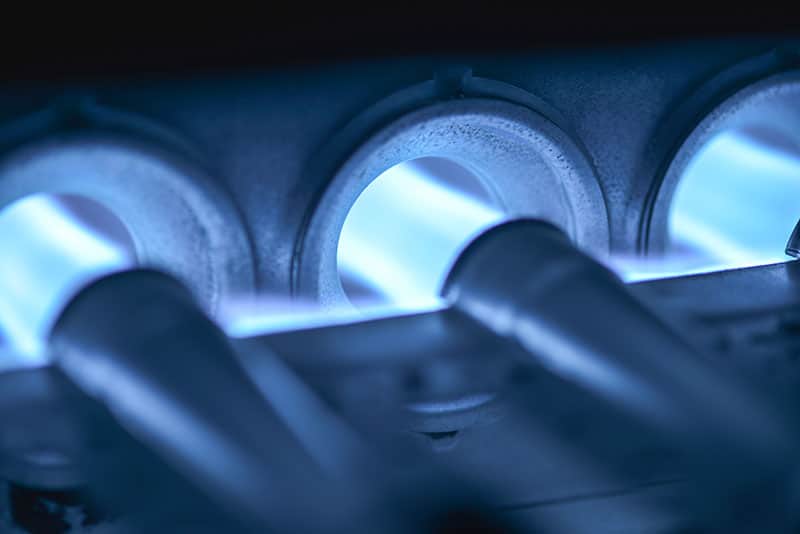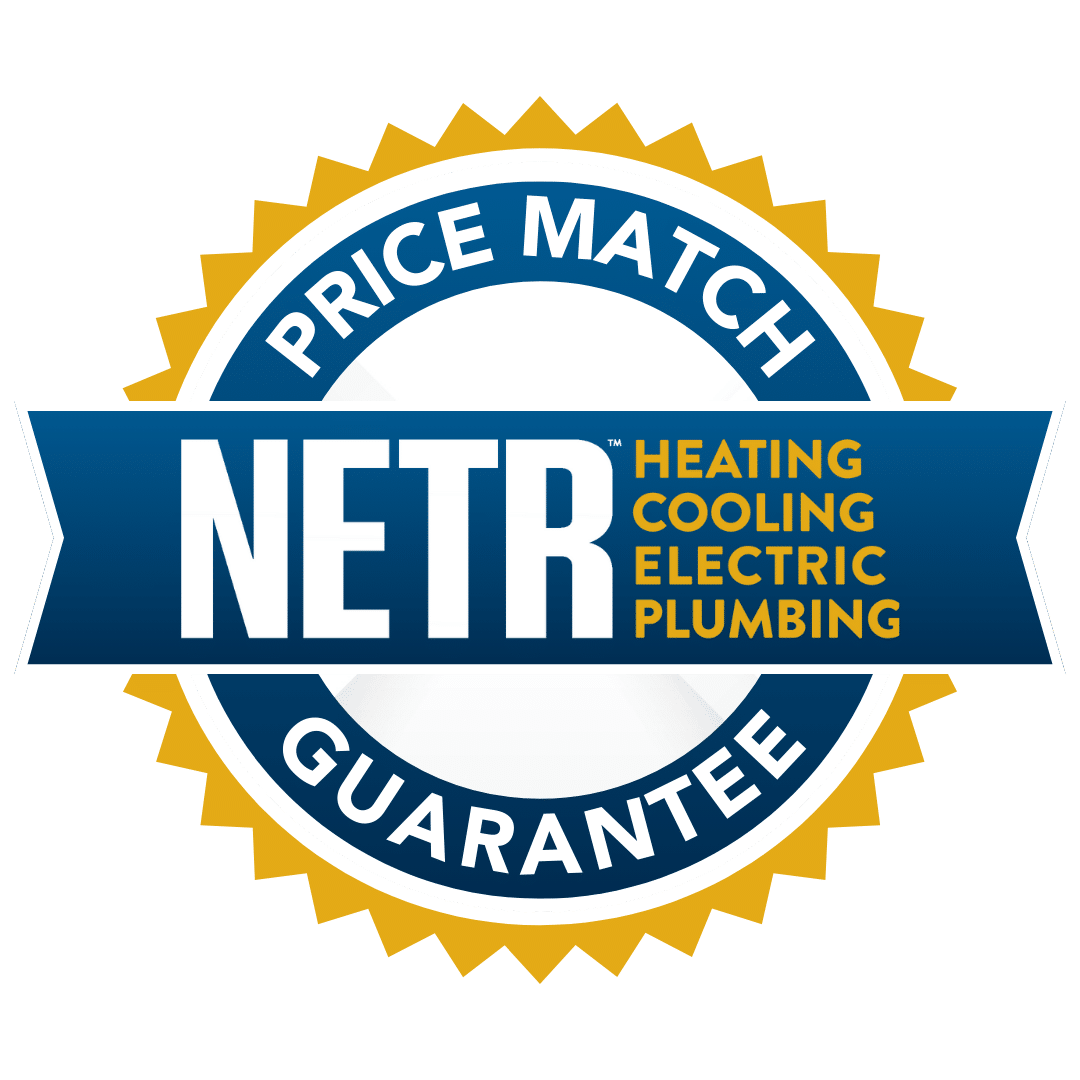Like all other HVAC equipment, the cost of a furnace depends on the quality of the equipment, the size of your home, and multiple other factors. If you have a small home, you may be able to buy a new furnace for $2,000 to $3,000, but if your home is larger, you should expect to pay at least $6,000 or $7,000 on the low end. The cost also varies based on the type of furnace you select.
If you’re looking for a new heating solution for your home, you may want to consider a ductless heat pump instead of a traditional furnace. The cost is about the same, and it’s more efficient. To help you decide, here’s what you need to know about prices.

Cost of an Electric Furnace
Electric furnaces cost between $2,000 and $7,000. The price varies based on the capacity that you need. These furnaces use electricity to heat coils that warm up the air. Then, a blower moves the warm air through ductwork to the vents spread throughout your air.
Electric furnaces are very expensive to run. They only work well in very moderate climates. They aren’t efficient for cold climates.
Natural Gas Furnace Cost
A natural gas furnace costs between $3,800 and $10,000. Again, the exact cost varies based on the capacity you need for your home and your climate. Natural gas furnaces are more expensive than electric furnaces, but in exchange, they can keep your home warm in any climate. Operating costs vary based on the cost of natural gas which tends to fluctuate.
Here’s how these furnaces work. Natural gas or propane enters the furnace, and then, it moves into a heat exchange where a flame lights it on fire. When air moves over the heat exchange, it gets warm. Then, a blower distributes air to your home. Exhaust from the combustion process gets vented out of your home. If the exhaust doesn’t leave your home, it can be deadly.
Cost of Oil Furnaces
Oil furnaces range from $6,750 to $10,000 or higher. They aren’t as efficient as most natural gas furnaces, and they’re often more expensive to maintain. However, in spite of these drawbacks, they can last a decade longer than natural gas furnaces if maintained properly.
Oil furnaces use a fuel pump to move oil into a burner chamber. Then, a nozzle turns the oil into a fine spray, and when it mixes with air, it combusts and heats up the chamber. When air moves over the hot chamber, it heats up, and then, a blower pushes the hot air into your ducts and through your vents.
Cost of a Ductless Mini Split
A ductless mini-split is not a furnace, but it can act as the sole source of heat for your home. A ductless system ranges in price from $3,500 to $10,000 or higher. This means that they are about the same cost as most traditional heating options. However, they are much more efficient.
Mini-splits use heat pumps to heat your home. Rather than producing heat like all of the furnaces mentioned above, they move heat. These systems extract heat from the outside, and then, they move the heat to an indoor air-handling unit using refrigerant lines. Air passes over the warm refrigerant, and then, it blows into your home.
During the summer, these systems work in reverse, and they provide air conditioning to your home. In other words, you pay about the same cost as a furnace, but you get the added benefit of AC.
Factors That Affect the Cost of Your Furnace
Regardless of the type of furnace you select, there are many factors that shape its final cost. In particular, you should be aware of the following:
- Size — The larger capacity you need, the more you will pay. Keep in mind, however, that bigger is not better. If you buy a larger furnace than you need, you will waste energy, and your heating bills will be unnecessarily high.
- Energy costs — Natural gas, oil, and electricity all have different costs in different areas. This impacts the cost to run your furnace.
- Brand — Different brands come with different price tags. Ultimately you want a balance of quality and value.
To learn more about furnaces and other heating options, contact us directly. At NETR, Inc, we have 30+ years of HVAC experience, and we can help you select the best heating and cooling equipment for your home. We can also help you assess the cost savings of switching from a furnace to a ductless mini-split.

